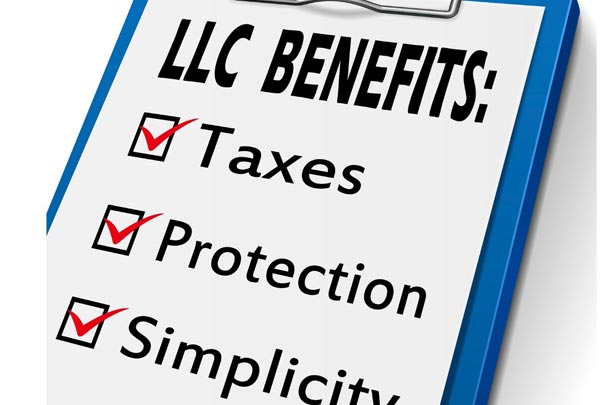Kentucky closes loopholes in limited liability companies
In the state of Kentucky, there were certain tax advantages in forming a limited liability company LLC), whereby small business owners are protected from personal liability.
Since January 1, 2000, according to the Kentucky Secretary of State’s office over 45,900 limited liability companies were formed in the state. And of nearly 87,000 companies with primary offices in Kentucky, more than 53,000 of them a limited liability companies.
According to Tom Underwood, Kentucky director of the National Federation of Independent Businesses (NFIB) after the classification of limited liability company came to Kentucky over ten years ago, large corporations saw the benefit of re-filing portions of their businesses as LLC, thereby avoiding some taxes. “The process was perverted by a number of large corporations who created LLCs simply to avoid the corporate license tax,” said Underwood.
To close this and other tax loopholes, Kentucky Governor Fletcher and the Kentucky General Assembly expanded the corporation income tax base to include all limited liability entities (such as corporations, Limited Liability Partnerships, LLCs, single member LLCs, limited partnerships, and S corporations).
“There are quite a few examples of big corporations seeking shelter from taxes in LLCs. One of the prime examples was Ashland Oil – which created an LLC to hold its assets. Well, obviously, that’s not what you would call a mom-and-pop business,” said Underwood.
Although they have a long history in Europe, Limited Liability Companies are a relatively new legal entity in the U.S. The use of LLCs first began in 1977. In 1988, it was granted pass-thru tax status by the Internal Revenue Service and today all 50 states recognize and allow the formation of an LLC.
The basic definition of an LLC is a business structure that is a combination of a partnership and a corporation with the owners being shielded from personal liability.
In the past, all profits and losses from Kentucky-based LLCs passed directly to the owners without taxing the entity itself. But, under the new tax modernization plan, the corporation income tax was expanded to include all limited liability entities.

Limited Liability Company
-
LLC shareholder or member
-
Why do we need LLC’s?
-
The businesses that benefit from LLCs
-
The basics of Limited Liability Companies (LLCs)
-
Articles of Organization for Limited Liability Companies
-
The advantages of Limited Liability Companies (LLCs)
-
The differences between Limited Liability Companies/Limited Partnerships and Corporations
- LLC’s Part One – History
-
Formation, Structure and Operating Agreement
-
Membership Interests and Member Contributions
-
Liability
-
Records, Books and Taxation
-
Centralized Management and Transferability of Interests
-
Continuity of Life, Withdrawal of Members and Dissolution
-
Delaware Series Limited Liability Company
-
Kentucky closes loopholes in limited liability companies
- Frequently asked questions about Limited Liability Companies (LLCs) – Part One
- Frequently asked questions about Limited Liability Companies (LLCs) – Part Two
- Frequently asked questions about Limited Liability Companies (LLCs) – Part Three
- Advantages of a Limited Liability Company
- Advantages of a Limited Liability Company (LLC) over a Limited Partnership
- Advantages of a Limited Liability Company (LLC) over an S Corporation
- Facts about Limited Liability Companies (LLCs)
- More frequently asked questions about Limited Liability Companies – Part One
- More frequently asked questions about Limited Liability Companies – Part Two
- More frequently asked questions about Limited Liability Companies – Part Three
- More frequently asked questions about Limited Liability Companies – Part Four
- More frequently asked questions about Limited Liability Companies – Part Five
newsletter signup
[forminator_form id=”1485″]

FIGHTING BACK!
